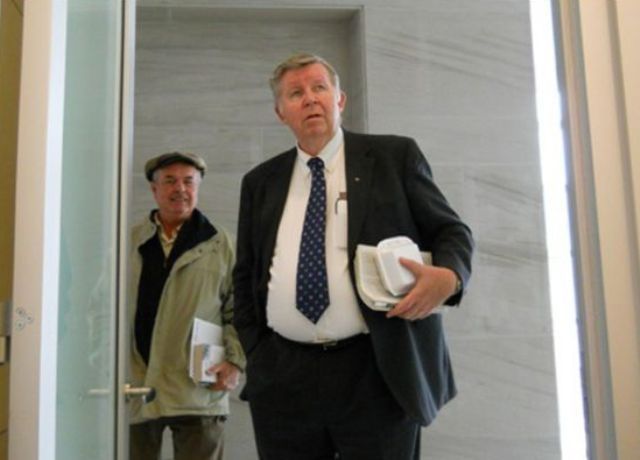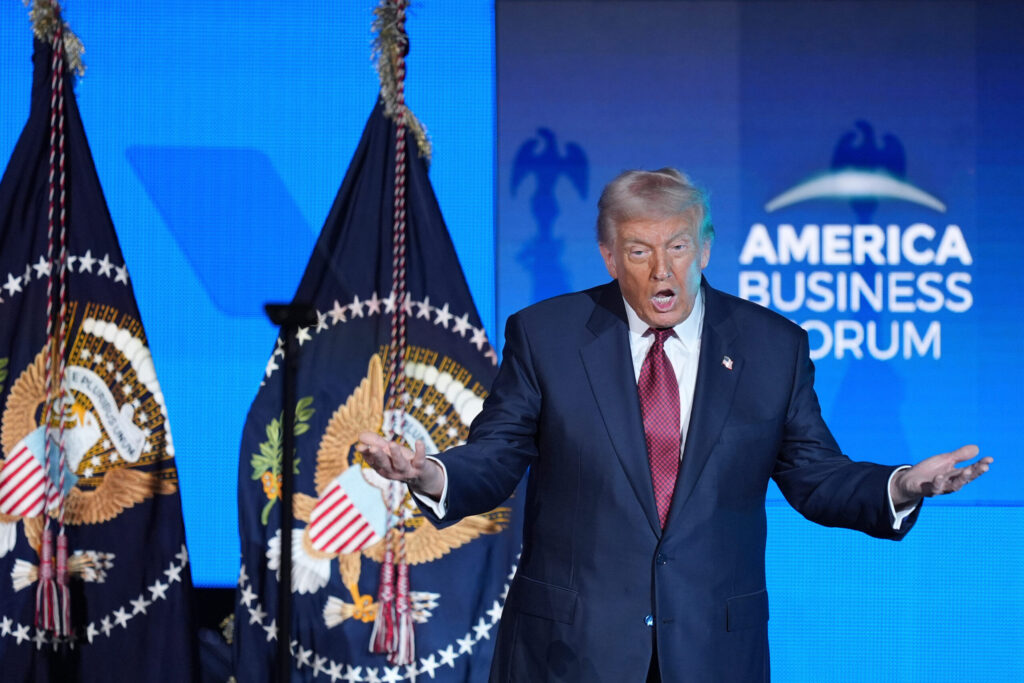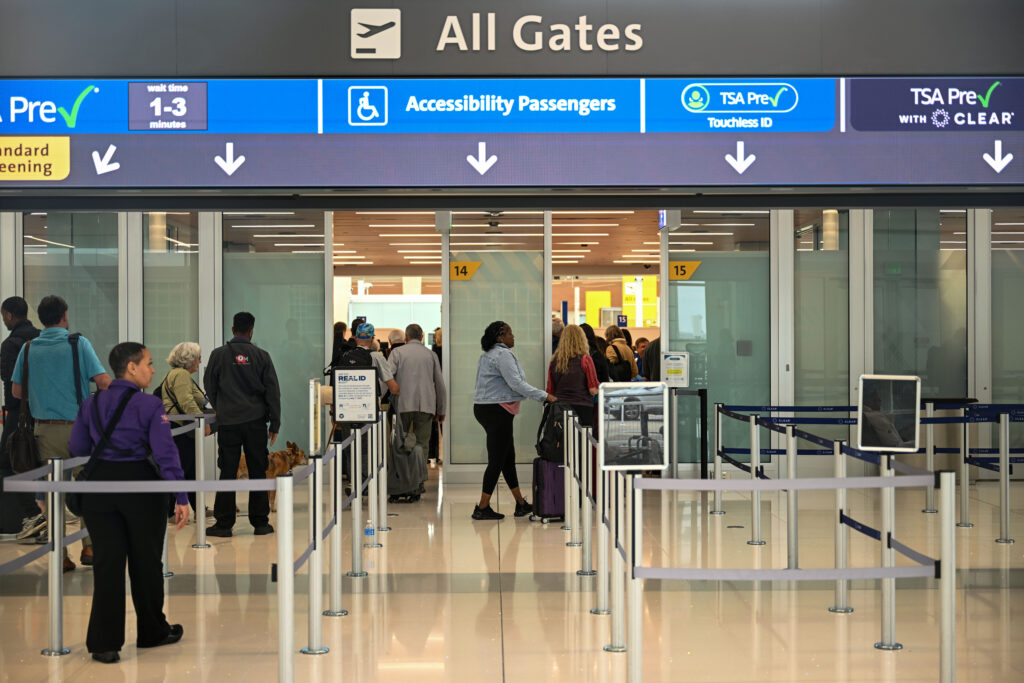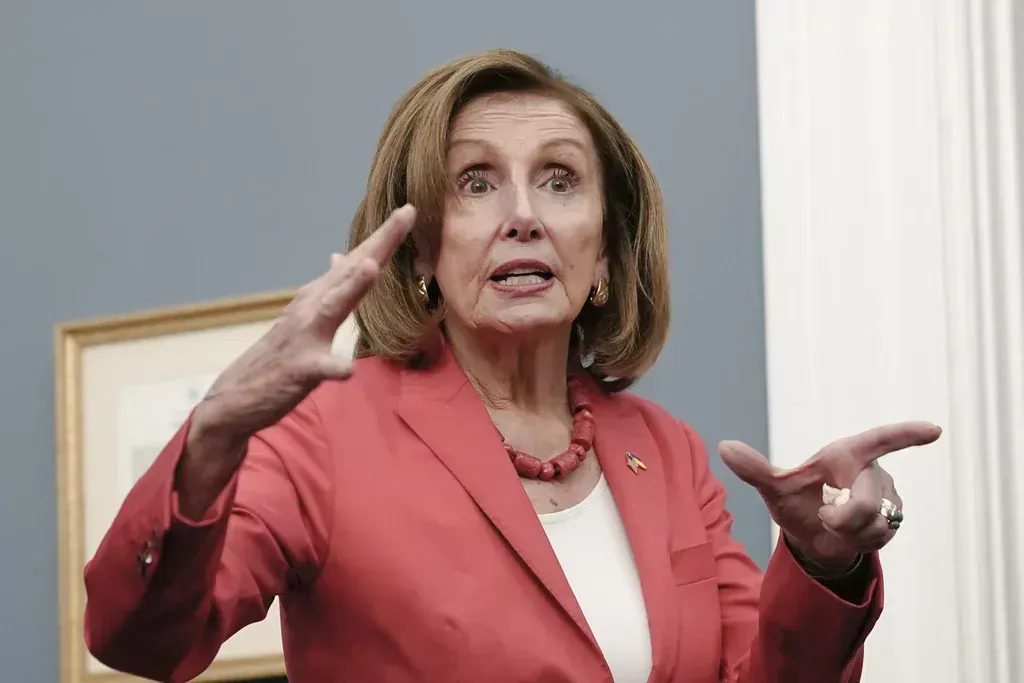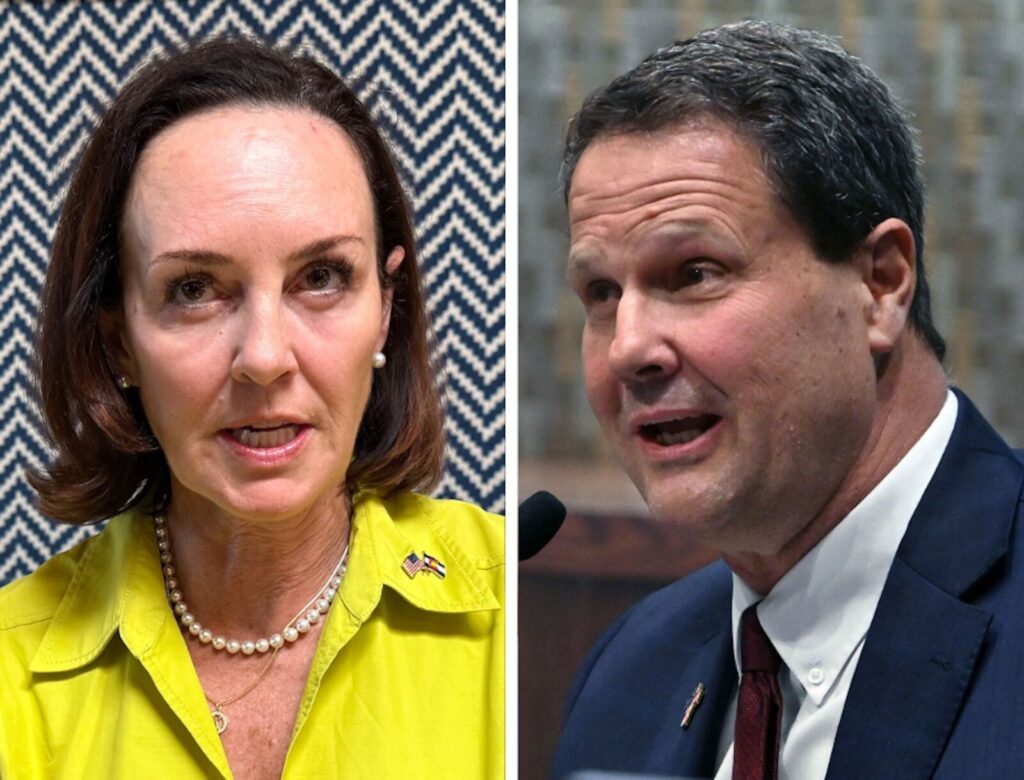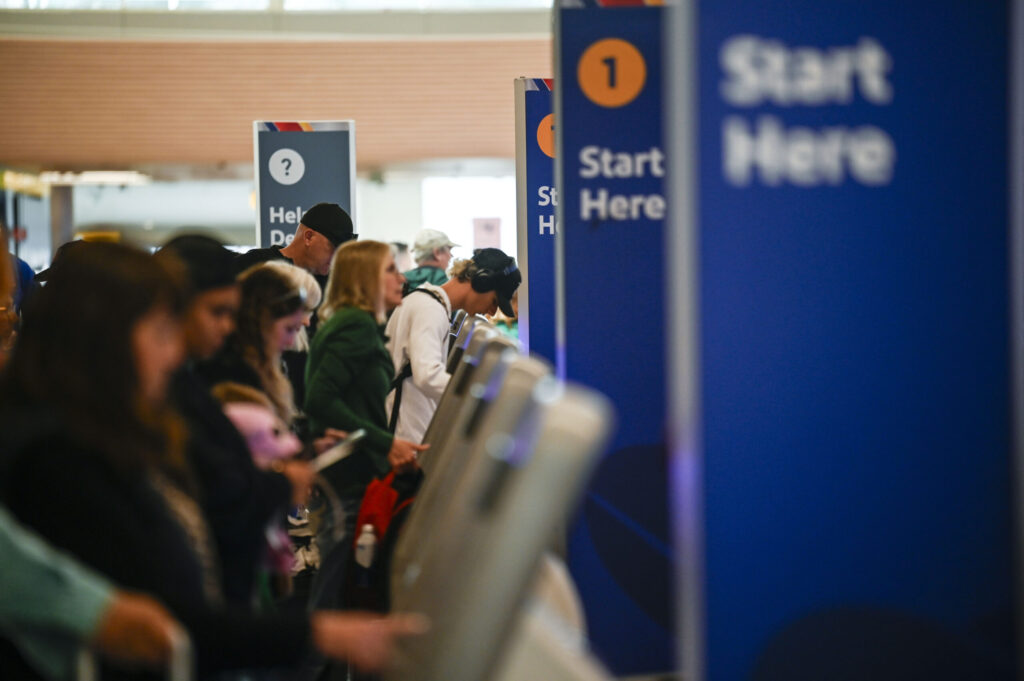Thanks to federal pandemic aid, Colorado Springs projects budget boost in 2021

Colorado Springs’ 2021 proposed budget could get a small funding boost above 2020 levels that will allow the city to keep adding police officers, the mayor reported Monday.
Mayor John Suthers is proposing a $17.6 million increase to the city’s 2021 general fund above 2020 budgeted spending levels, a boost of about 5.3%, bringing the total general fund budget to $348.9 million. The general fund budget does not include items with dedicated funding sources, such as stormwater construction and the sales tax dedicated to road maintenance extended in 2019.
The increase in spending was made possible by $37.5 million in federal aid the city received through the Coronavirus, Aid, Relief, and Economic Security Act, known as CARES.
The city’s budget for its CARES funding showed it planned to spend $34.7 million on police and fire payroll, which allowed the city to roll $20 million from the 2020 budget into the 2021 budget, Suthers said.
“I think we were very prudent with that. … That’s what’s saving our bacon if you will,” he said during a news conference.
The rollover money will allow the city to uphold its commitment to hiring police officers and firefighters that was made when voters passed stormwater fees in 2017. The city expects to add 120 police officers by 2022. The city has already added 32 firefighters, Suthers said.
The city expects to spend $4 million on 10 new police officers and eight new firefighters plus the pay increases for police and fire department staff members, according to Suthers’ budget letter to the Colorado Springs City Council.
Other spending increases include an increase of $650,000 for snow and ice removal, $1.6 million for information technology, and $760,000 for Mountain Metro Transit that will, in part, fund a new route to the Colorado Springs Airport and Amazon distribution center that is under construction.
Despite the budget increase, the city expects to carry forward many of the cuts it made because of the coronavirus pandemic, Suthers said.
Every department cut 20% of its operating expenses and those will continue in the new year, he said. The city also plans to have a hiring delay of four months, he said.
The budget reductions will ensure the city isn’t over obligating itself because it remains unknown whether the pandemic could cause future economic slow downs, city spokeswoman Jamie Fabos said.
“We are taking a more conservative approach,” she said.
City employees not in the police and fire departments will not have pay raises next year, but they won’t be asked to cover increased health insurance costs, Charae McDaniel told the Colorado Springs City Council in September. The city’s decision to absorb health insurance costs will keep pay flat.
The city is not expecting to implement furloughs or layoffs next year, Suthers said during Monday’s news conference.
The budget could get bolstered again if voters approve Question 2A, a measure on the Nov. 3 ballot that would allow the city to keep $1.9 million in sales tax funds collected in 2019 that would otherwise have to be refunded under the Taxpayers Bill of Rights, he said.
The question also asks residents to set 2019 as the baseline for calculating tax revenue growth instead of 2020. The 2020 tax revenues could be $22.8 million lower than 2019 revenues and under TABOR, the baseline for calculating how fast revenue can grow would drop to 2020 levels, also known as the ratchet down effect. If the ratchet down effect happens, the city could have to refund $7.5 million of 2021 revenues, Suthers said.
If the city is allowed to keep the TABOR refund money, services that were cut, such as repairs and maintenance of city parks, pools and community centers, could be restored more quickly, McDaniel said.


